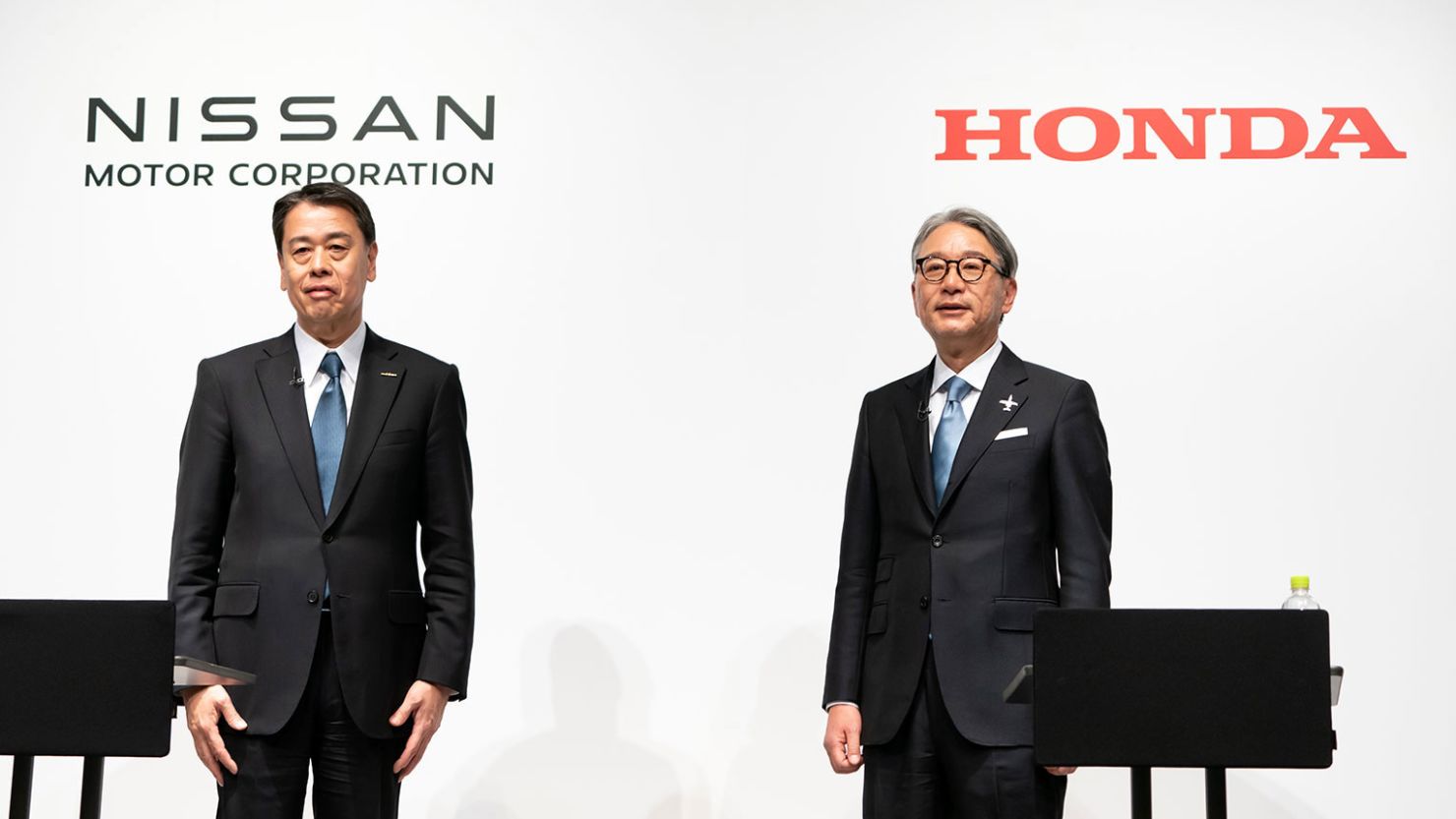
The automotive world is abuzz with speculation following reports of Honda Nissan merger talks. These discussions come at a pivotal moment as the industry shifts toward electric vehicles (EVs) and sustainable technology. If successful, the Honda Nissan merger talks could reshape the global automotive landscape.
Both Honda and Nissan face increasing pressure from global competitors in the EV and autonomous vehicle markets. Companies like Tesla, BYD, and legacy automakers transitioning to EVs have left little room for lagging innovation. A merger could enable the two companies to pool resources, reduce development costs, and accelerate their transition to cleaner, smarter vehicles.
According to insiders, the merger could involve creating a joint holding company. This approach would allow both brands to maintain their individual identities while streamlining corporate decision-making and operations under a unified management structure.
If the merger succeeds, it could position Honda and Nissan as one of the largest automotive groups globally. This would challenge major players such as Toyota, Volkswagen, and General Motors in the race for EV supremacy.
As talks progress, the companies are expected to focus on due diligence, assessing synergies, and addressing challenges before making an official announcement. While the outcome remains uncertain, the potential benefits of a Honda-Nissan alliance have undoubtedly captured the industry’s attention.
Conclusion
The merger talks between Honda and Nissan signal a bold step toward adapting to a rapidly evolving automotive market. If executed strategically, the collaboration could set new standards for innovation and competitiveness in the EV era. For now, the world watches as these two giants contemplate joining forces.
FAQs
For more latest news visit!
The 2025 Hyundai Ioniq 5 is making waves as one of the most anticipated electric…
Switching to an electric vehicle (EV) isn’t just about reducing emissions—it’s also about embracing a…
As automotive innovation becomes a continuous changing world, one finds that this revolution is ever-evolving…
In the realm of hypercars, the Bugatti Bolide 2025 is a marvel that pushes the…
The start of the New Year has brought significant changes in the energy market, with…
An important component that is essential for starting a vehicle is the crankshaft position sensor…